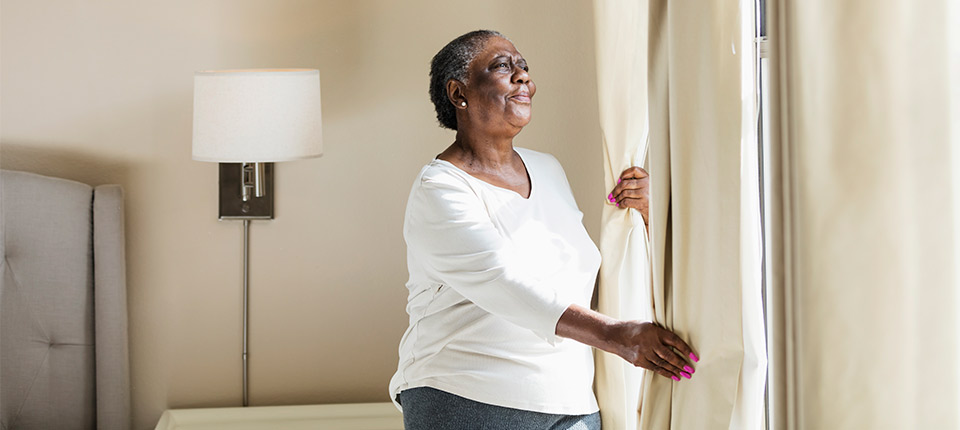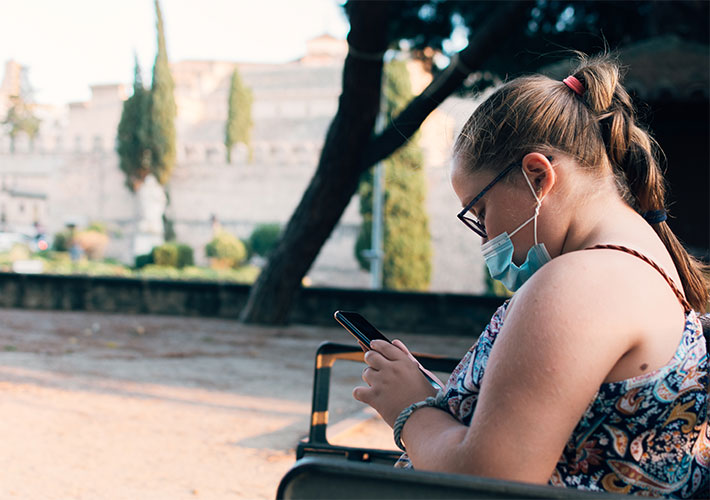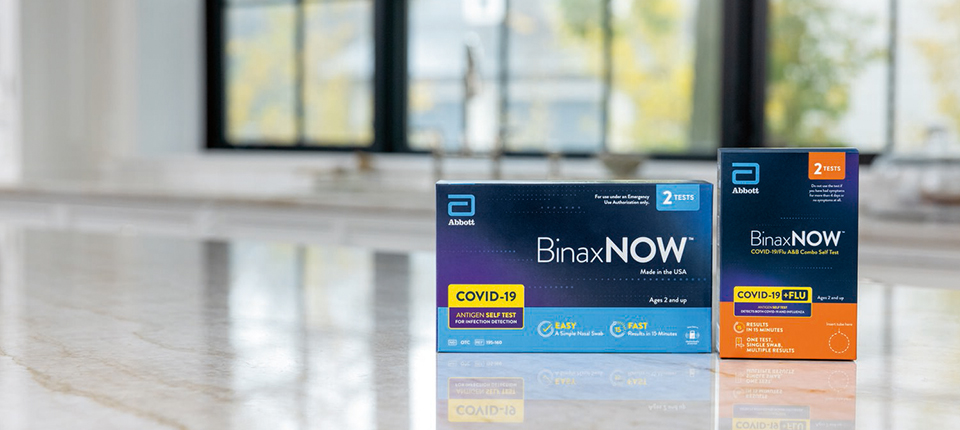Important Safety Information
FREESTYLE LIBRE 14 DAY SYSTEM
Failure to use FreeStyle Libre 14 day system as instructed in labeling may result in missing a severe low or high glucose event and/or making a treatment decision, resulting in injury. If readings do not match symptoms or expectations, use a fingerstick value from a blood glucose meter for treatment decisions. Seek medical attention when appropriate or contact Abbott at 855-632-8658 or FreeStyleLibre.us for safety info.
FreeStyle Libre 2 system: Failure to use FreeStyle Libre 2 system as instructed in labeling may result in missing a severe low or high glucose event and/or making a treatment decision, resulting in injury. If glucose alarms and readings do not match symptoms or expectations, use a fingerstick value from a blood glucose meter for treatment decisions. Seek medical attention when appropriate or contact Abbott at 855-632-8658 or FreeStyleLibre.us for safety info.
The product images are for illustrative purposes only.
The circular shape of the sensor housing, FreeStyle, Libre, and related brand marks are marks of Abbott. Other trademarks are the property of their respective owners.
No use of any Abbott trademark, trade name, or trade dress in this site may be made without prior written authorization of Abbott Laboratories, except to identify the product or services of the company.
This website and the information contained herein is intended for use by residents of the United States.
Related articles
-
BinaxNOW: What You Need to Know
A step-by-step video guide to conducting a BinaxNOW Self Test in the comfort of your own home.



